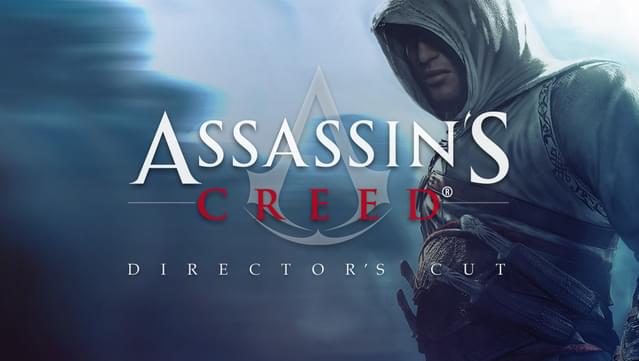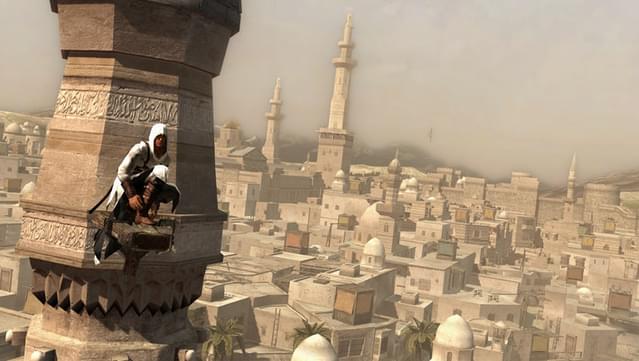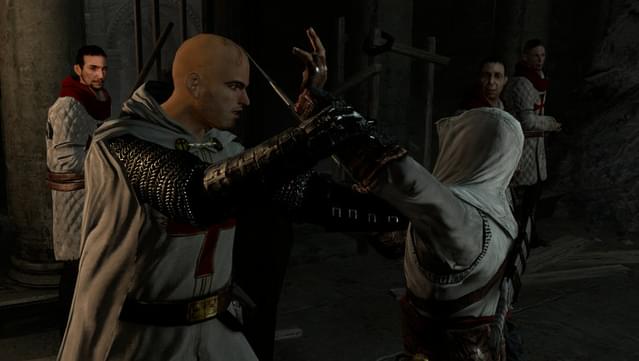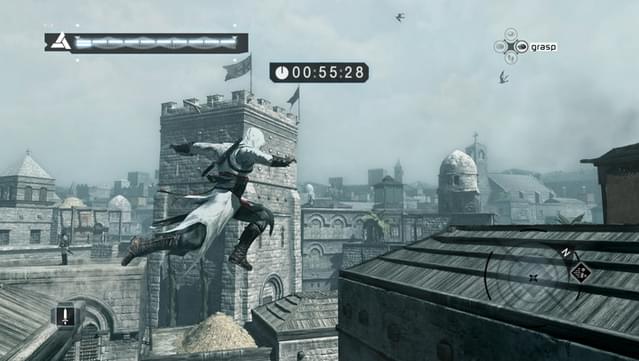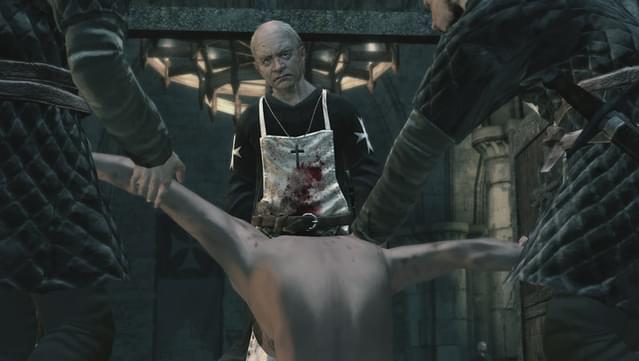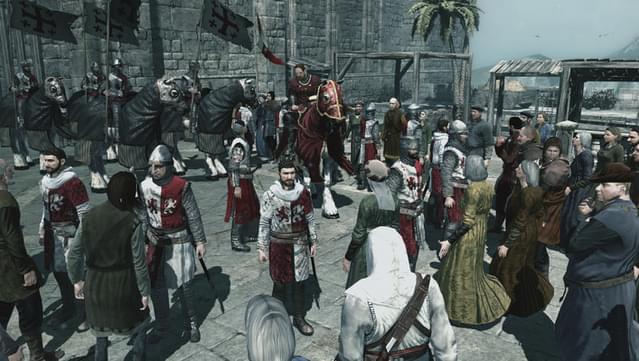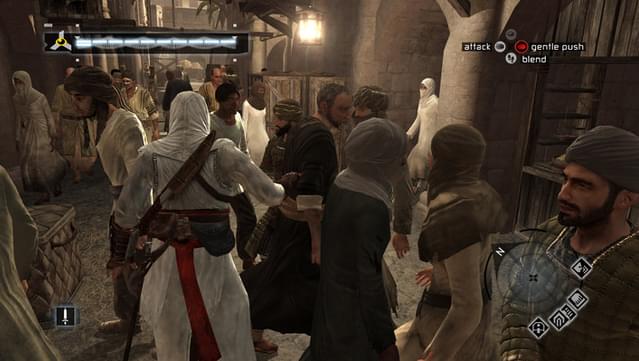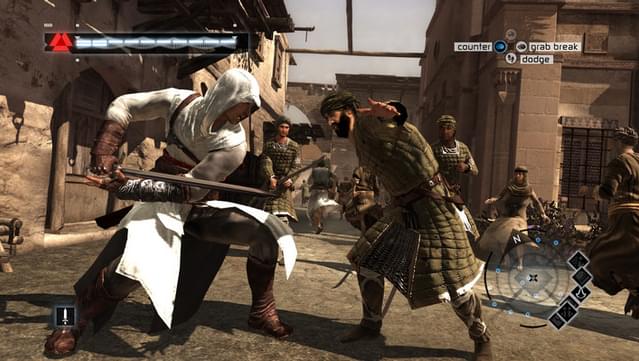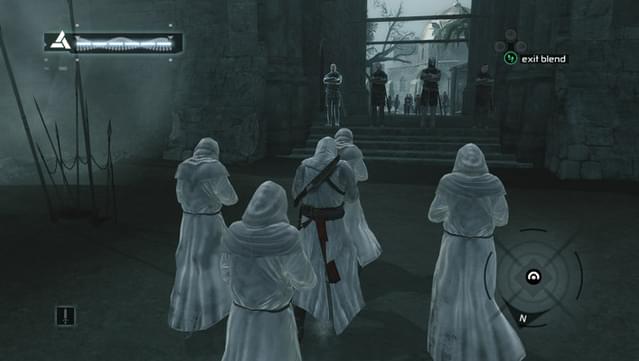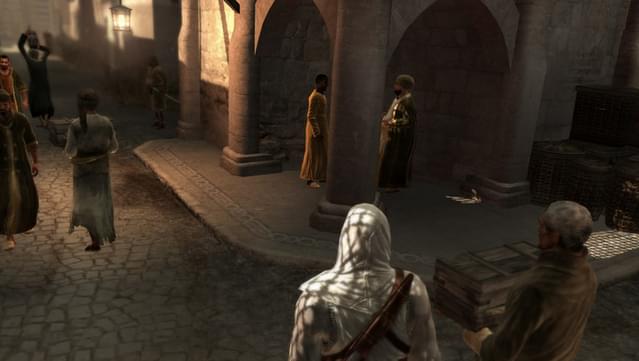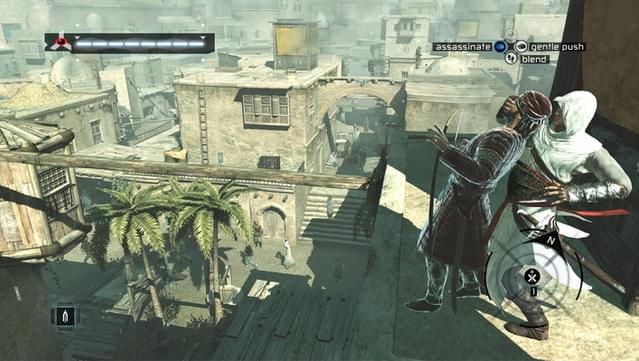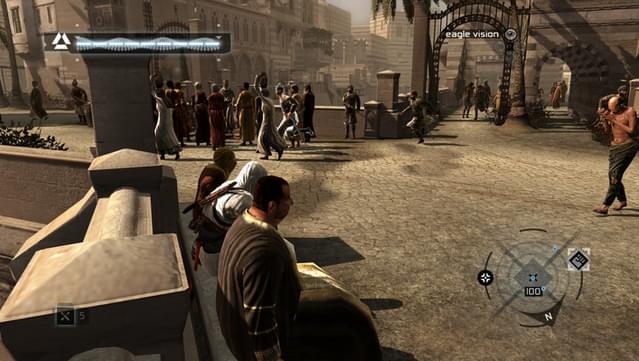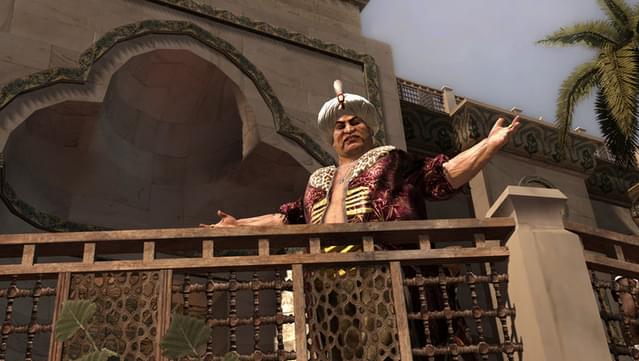Posted on: August 7, 2025

Marzio_Bruno
Zweryfikowany użytkownikGry: 384 Opinie: 12
The first but not the best
Strengths Originality and Ambition At its release, Assassin’s Creed stood out for its daring narrative architecture: an interplay of historical Crusader‑era Middle East landscapes with a subtle but compelling sci‑fi underpinning via Abstergo’s Animus device. This duality between past and future lent the game a distinctive gravitas, setting it apart from contemporaries in the stealth‑action genre. Historical Atmosphere The game's representation of Medieval Jerusalem, Acre, and Damascus felt surprisingly immersive. Architectural details, ambient crowds, and period‑appropriate motifs combined to evoke a believable world that transported the player back to the Third Crusade. Weaknesses Fragmented Open World One of the more jarring aspects is how “open” the world feels when overhead transitions—loading screens—routinely break immersion. Far from the seamless cityscape promised, the segmented loading boundaries pull you out of the narrative flow and serve as unwelcome reminders of technical constraints. Repetitive Structure The core loop—assassination missions, eavesdropping, tailing targets—over time becomes formulaic. Though mechanically competent, the gameplay lacks variety, and the stamina drain becomes noticeable unless you’re particularly enraptured by the setting. In later entries, Ubisoft judiciously diversified objectives, injected side‑activities, and refined pacing—elements missing here, making this early offering feel raw and earnest rather than polished. Final Thoughts As a foundational entry, Assassin’s Creed is commendable for its bold conceptual framework and period authenticity. It clearly laid the groundwork for something greater. Yet, its rough edges—most notably the stuttering world transitions and mission monotony—diminish enjoyment and limit replay value.
Czy to było pomocne?
